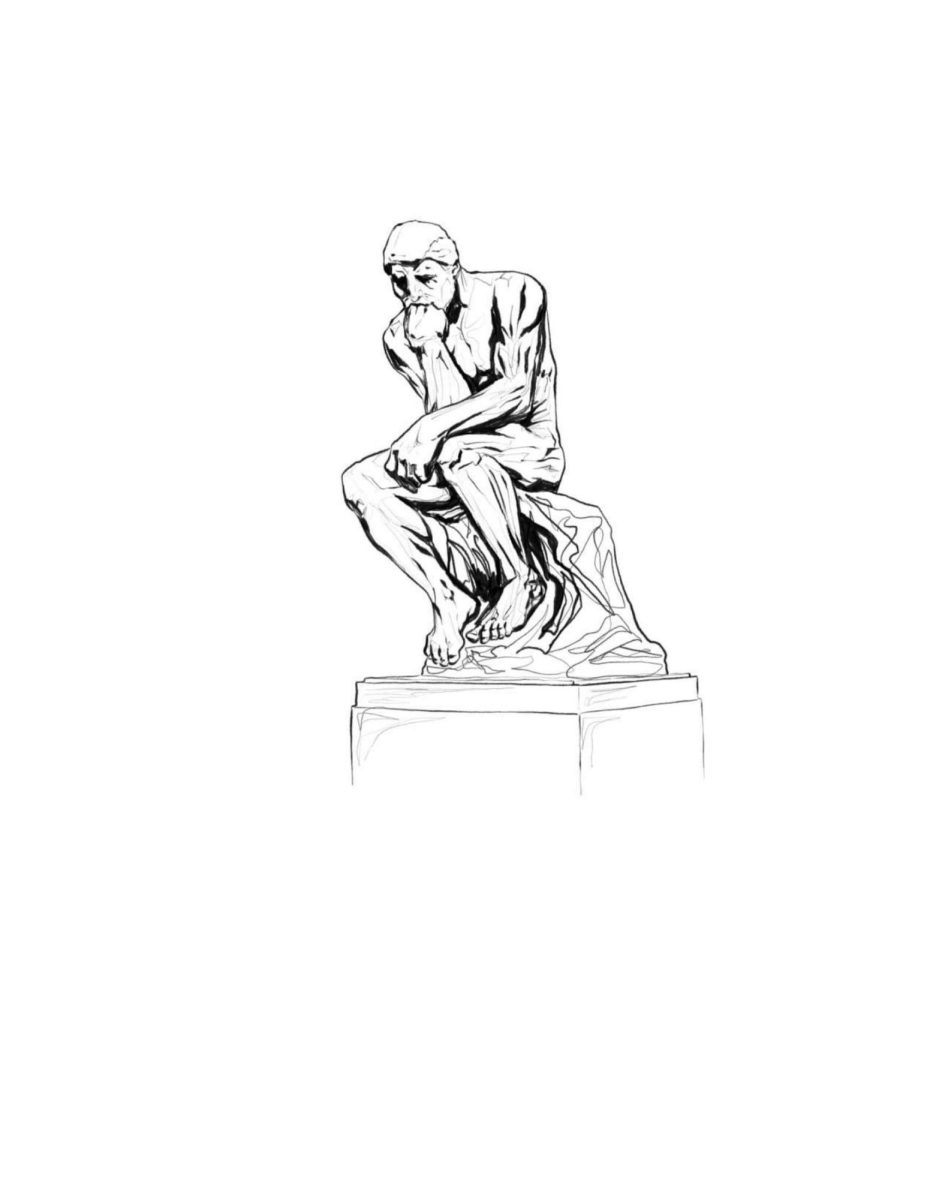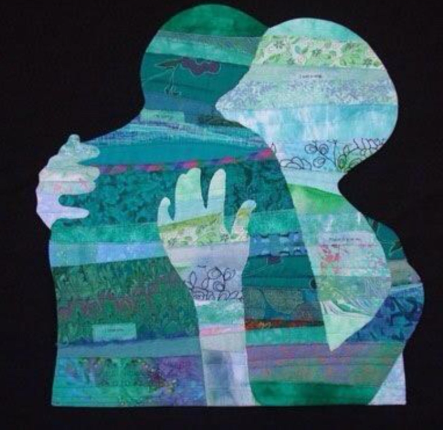Have you ever labeled something as true? For example, killing is bad, hurting is bad. Compliments are good. Love is good, hate is bad.
We label things as wrong and right, and that is human, and that itself is expected.
How I got interested in philosophy
I was a very weird kid, the type of kid who’d eat dirt because of curiosity and go under the house because it was kind of comfortable. I always just wanted to find an answer. Even when I just blanked out and looked at the sky and wondered if little old me could change the world. And if I can also see the future. Or the small chance of me having psychic powers.
I was a loud child, and that child did not die.
So, because of that I don’t think I’ve lived a single day without questioning me, someone, and even just questioning my questions. I’ve always been superstitious; I like making sense of things I don’t understand. So, it kind of came naturally, the questioning of life and of an individual, and also the self. You just come to terms one day that you can’t know it all, and that’s humbling but also very freeing.
And the very fact I can’t know it all makes me completely irrational in my judgement. For example, I believe no one can possibly judge another person because no one knows everything. It became that simple to me. And that is what motivated me to make this story about judgement.
What is Judgment?
Judgement, what does that even mean? Sensible decision, or maybe a ruling in court? To come to a conclusion or opinion? Maybe just a common conclusion of any sort is considered a judgement.
Even factually speaking, with rules, judgement requires an individual to be a judge. It’s not like there’s a perfect system; there’s just a system. People work for years and years to meet the requirements to be a judge. But even then, it’s not perfect.
So, the conclusion of a judge can only be so accurate. Then do we even have a strong concrete way to really justify judgement? Do we have any idea what it means to be everyone and understand everyone enough to tell them they’re wrong? And would we even say they’re wrong if we knew it all? That obscurity is my point, not the judging system, or judging as a whole.
The types of judgement
Any conclusion is a judgement. For example, assumptions, prejudice, bias, presumptions, bigotry, but more importantly hate.
Let me be clear; when I say “types of judgement” I mean the types of conclusions everyone can come to on their own. People can conclude something about a group, an idea, and label it as true. All those things are a type of judgement. We just must know if judgements and conclusions can be considered right or wrong. Why is the conclusion of a person wrong? How can we even know?
Judgements and conclusions all stem from how a person feels. Internal experience, external experience, we’re sort of moved by them. And that’s okay; it takes an incredible amount of time to let go of your past.
What makes judgment “good”?
Now, you already know what judgement is. Judgement can just be the attack of someone’s action or mind. So, most people, of course, are going to judge the man who literally steals candy from a baby. You see the wrong, so who is anyone to call you wrong for taking the immediate action against that man who steals the candy from a baby?
So, does that make judgement good? What even is good? Can an attack on an individual or on their actions be good?
I like to think of the extremists when I get down this rabbit hole. The civil leader wants change for humanity, the philosopher wants to understand humanity, and the prophet wants to show the truth to humanity on the assumption that we don’t know it.
But calmly, but safely, but selflessly, they don’t yell, they refuse to scream at the top of their lungs as they announce to the world that they know the truth. The civil leader waits in a prison writing a letter, and the prophet is denied by kings. They’re judging me and you; they’re judging me and you for idly being. But they also selflessly decide to live through us, for us, the people.
This gets complicated because you aren’t asking anyone to live through you. And since no one will live an exact minute or second of you, it becomes a game, where you believe one hundred percent, and everyone else can only believe eighty percent. A game where you can’t be wrong because it’s just you. So, does it mean everyone is arrogant? Arrogant for simply feeling protective over their life? A life only for them; good or bad? Is that selfish?
And that question is the question I’ve been trying to find an answer to for a long time. It’s just a question, that just shouldn’t be asked. We’re very smart things, we’re so smart, and identity and understanding are so very hard because it’s true that we fear what we don’t know, biologically. I don’t want to be too obscure, but for me, the answer is the question itself. Hopefully that makes sense. Hopefully you come to my conclusion as well.
So, what do you do when faced with judgement?
Hard question. Nice and simple response. You should just try to understand the person judging your. Do not condemn the individual and you yourself will not be condemned. Judge not and you will not be judged. That’s universal.









